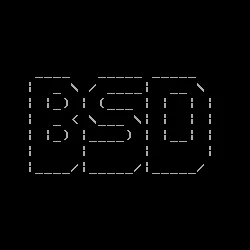Libc++ Has Landed

As I reported on Phoronix earlier this month and was widely-carried by other news outlets after that, FreeBSD 10 will using the LLVM/Clang compiler and deprecate GCC. The BSD camp wants to get rid of the GPL-licensed compiler from the Free Software Foundation and replace it with the younger but promising Apple-sponsored and BSD-style-licensed LLVM and Clang; see the earlier Phoronix articles on the topic for greater detail.
As the latest step in this default compiler migration and throwing out GPL code from BSD, a message arrived on the FreeBSD-Stable mailing list on Wednesday entitled libc++ has landed. Being merged into FreeBSD 9-STABLE is libc++ and its dependencies. This change will first be found in FreeBSD 9.1, which is due to be branched soon.
Due to libc++ being written in C++11, and the FreeBSD base relying upon an outdated GCC release, the C++ standard library can only be built if using Clang to begin with. The libc++ introduction also requires a very recent libc implementation.
The libstdc++ replacement library from the LLVM project is dual-licensed under the MIT and UIUC licenses. The library aims to be compatible with the C++0x/C++11 standard, provide fast execution, minimal memory use, and fast compile times. The libc++ implementation also aims to be ABI compatible with the reference libstdc++ library from GCC when it comes to low-level features. Additional libc++ information is available from libcxx.llvm.org.
It was also one year ago that PathScale gave FreeBSD and NetBSD a new C++ run-time. This code donation from the PathScale compiler company was in the form of the libcxxrt C++ run-time. This run-time was done under the two-clause BSD license in order to ditch the GPL-licensed libsubc++ library.
1 Comment

